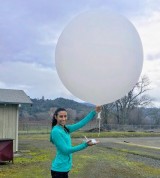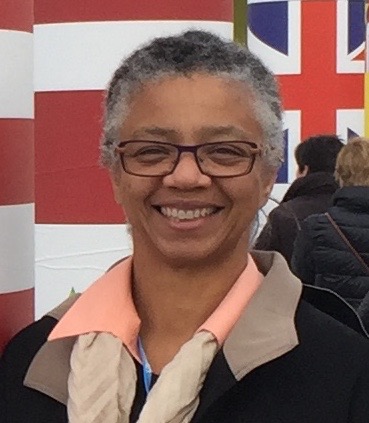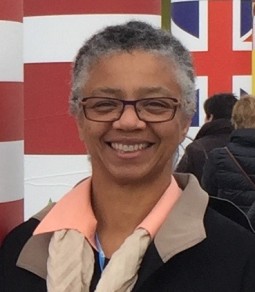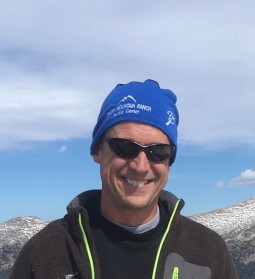
COP25 & Climate Change (start time: 1:07): Next month (Dec. 2-13), the United Nations global climate change summit, known as COP25, will take place in Madrid. Many scientists, environmental nonprofits, students, activists will also attend side events related to the UN sustainable development goals (SDG). The goal of COP over the years has been to reduce emissions of planet-warming gases. The talks stem from the landmark 2015 Paris Agreement, which essentially is a mix of pledges from about 200 nations to dramatically cut their greenhouse emissions. The countries are not legally bound to meet their targets, but they are supposed to report their progress to the UN. Under the Obama administration, the U.S. vowed to reduce emissions about 28 percent below 2005 levels, by 2025. But earlier this month, the Trump administration announced that it will begin a year-long process to withdraw the U.S. from the international accord. The stakes are extremely high.
How On Earth’s Susan Moran and guest-host Tom Yulsman discuss COP25 and what’s at stake with Gillian Bowser, an ecologist and research scientist at Colorado State University who has studied international climate and biodiversity conventions and has attended several COP summits; and Tashiana Osborne, a PhD candidate at the Scripps Institution of Oceanography at the University of California, San Diego, who is studying the effects of atmospheric rivers, and who will attend COP25. Tom Yulsman, a CU Boulder journalism professor and blogger, offers his expertise as a climate-focused science journalist.
Hosts: Susan Moran, Tom Yulsman
Producer: Susan Moran
Engineer: Joel Parker
Executive Producer: Joel Parker
Listen to the show here:
Podcast: Play in new window | Download (Duration: 27:43 — 25.4MB)
Subscribe: RSS






